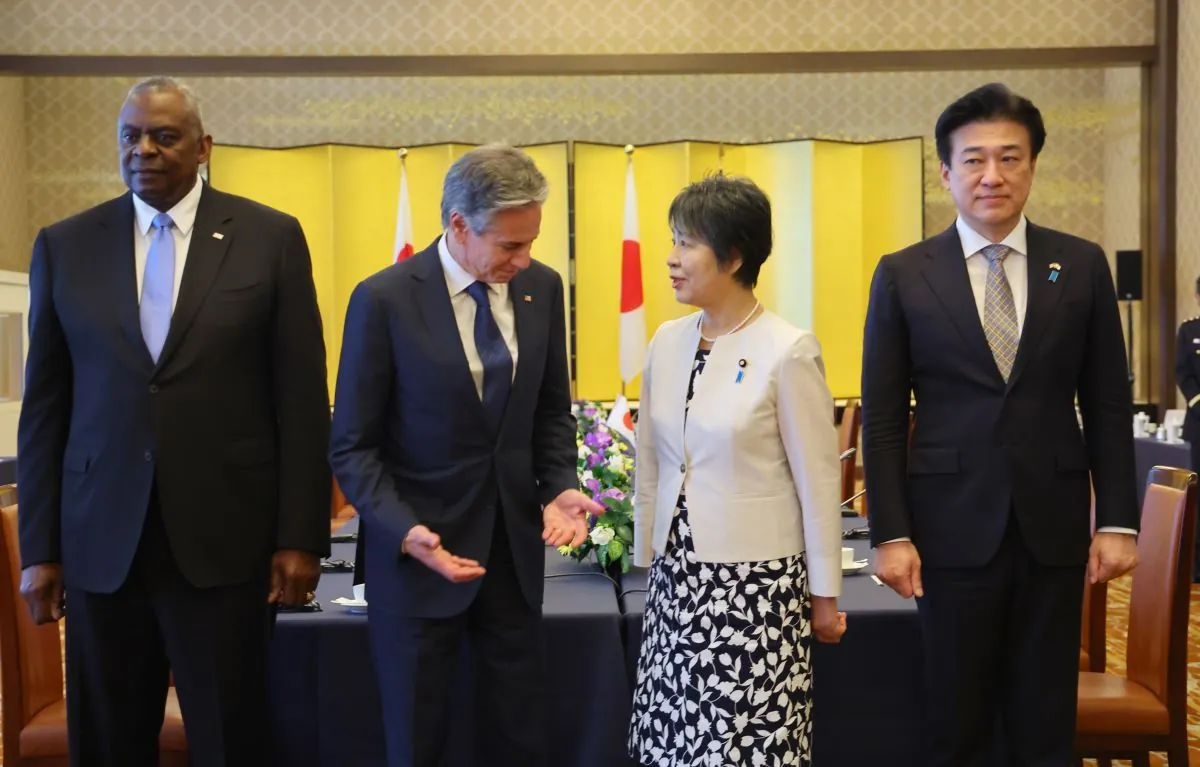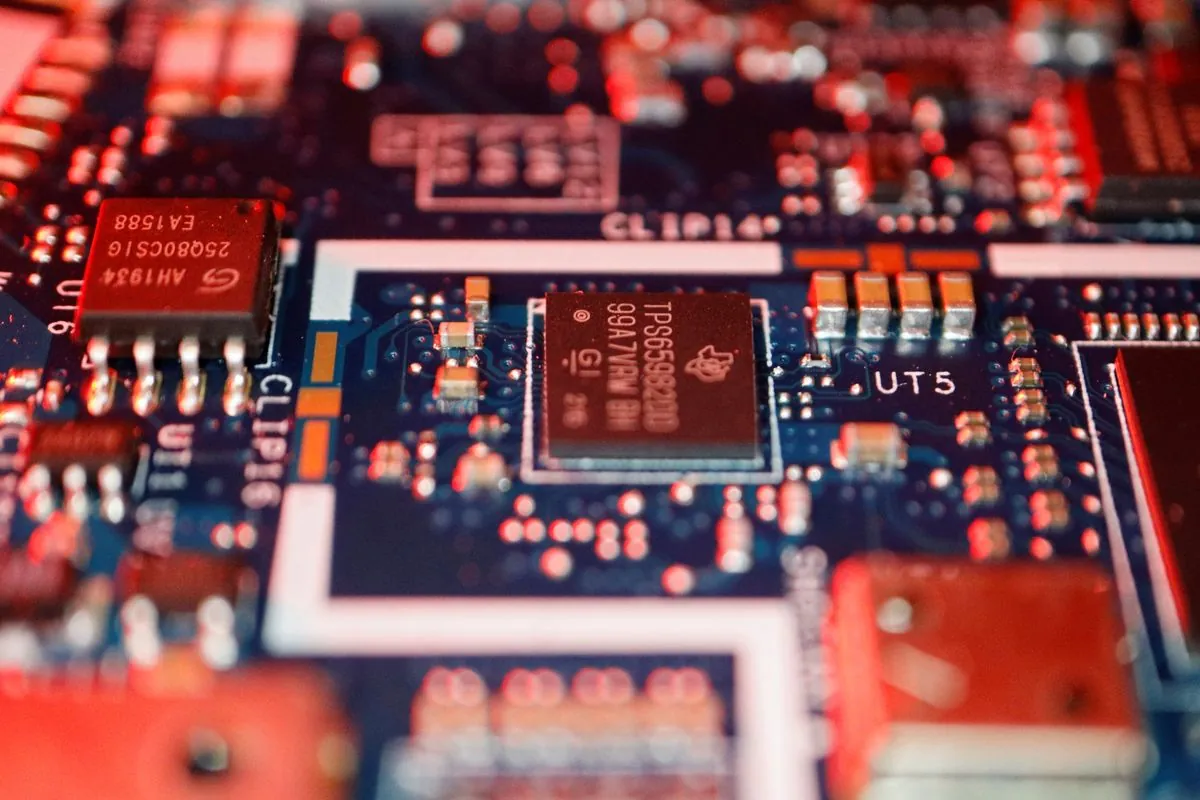Chinese Spy Plane Breach Prompts U.S.-Japan Talks on Tech Export Controls
A Chinese reconnaissance aircraft's intrusion into Japanese airspace sparks discussions between U.S. and Japanese officials on technology export restrictions and deterring future aggression from Beijing.

On August 28, 2024, a Chinese Y-9 reconnaissance aircraft entered Japanese airspace near Kyushu, marking the first such incursion by a Chinese military aircraft. This event has prompted discussions between U.S. and Japanese officials regarding technology export controls and strategies to deter future aggressive actions from Beijing.
John Moolenaar, chair of the House Select Committee on China, described the incident as a "wake-up call" for Tokyo. The Republican representative, visiting Japan with a bipartisan delegation, emphasized the need to reassess approaches to China's recent behavior.
"We've seen a very different China in the last few years and the question is what's the best way to deter future aggression and malign activity."
The incident occurs amidst ongoing efforts by the U.S. to expand restrictions on semiconductor manufacturing equipment exports to China. Japan, while cooperating with its U.S. ally on some technology restrictions, has maintained a more cautious approach, avoiding direct trade curbs against its largest trading partner.

Moolenaar met with Japanese officials, including Trade and Industry Minister Ken Saito and Prime Minister Fumio Kishida, to discuss these issues. The talks focused on balancing deterrence against Chinese aggression with economic considerations.
The U.S. is planning new rules to broaden its authority over semiconductor equipment exports to China. However, these regulations are expected to exclude Japan, the Netherlands, and South Korea - all key players in the global semiconductor industry.
This diplomatic engagement occurs against the backdrop of the U.S.-Japan security alliance, which has been in place since 1960. As Japan works to strengthen its defense capabilities, the recent airspace violation underscores the complex dynamics in the region.
The incident also highlights the broader context of U.S.-China tensions, which have been escalating since the trade war began in 2018. As both nations compete for technological supremacy, particularly in areas like artificial intelligence and 5G, the semiconductor industry has become a focal point of strategic importance.
As discussions continue, both the U.S. and Japan are navigating the delicate balance between national security concerns and economic interests in their relationships with China.


































